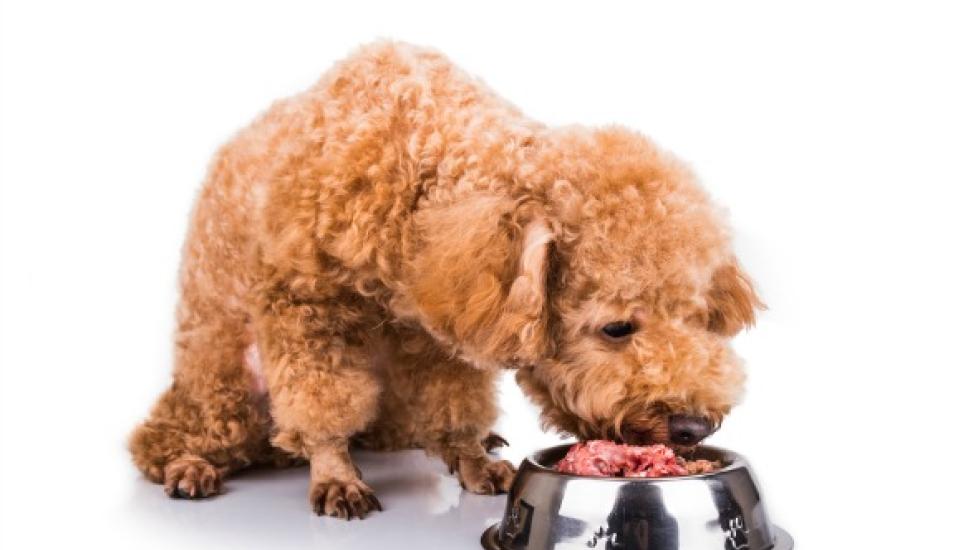Pork Roundworm Infection in Dogs
Trichinosis in Dogs
Trichinosis (trichinellosis or trichiniasis) is a parasitic disease caused by a roundworm (nematode) parasite called Trichinella spiralis. T. spiralis is also known as “pork worm” because in most cases infection is seen due to eating contaminated raw or undercooked pork. This parasite is responsible for causing infection in dogs, people, and pigs.
In the developing stage of this parasite's life cycle, infection occurs in dogs and people when they ingest contaminated, poorly cooked meat. The T. spiralis parasite is known to cause severe disease and even deaths in humans. Severe inflammation of the body muscles is seen as the parasite (larva) migrates into the muscles. Puppies are reported to be at higher risk of infection than adult dogs.
Symptoms and Types
- Gastrointestinal upset
- Vomiting
- Diarrhea
- Inflammation of the muscles
- Muscle pain
- Muscle stiffness
Causes
Infection is caused by the roundworm parasite called T. spiralis, which enters the gastrointestinal system through contaminated raw meat. The developing stage of this parasite reaches into the muscles and is capable of remaining there for years.
Diagnosis
Your veterinarian will take detailed history from you, with attention on your dog's diet or anything your dog has eaten out of the ordinary. Routine laboratory tests include a complete blood count, biochemical profile, urinalysis, and a fecal examination. The complete blood count may show a high number of a type of white blood cells (WBCs) called eosinophils (eosinophilia), which are typically found in the blood as a response to allergies or in response to parasitic infections. If the fecal sample shows evidence of roundworm fragments, a follow-up series of fecal testing may be required for confirmation of the diagnosis. As these parasites end up in the muscles, a muscle sample may be taken to find the parasite in the muscles.
Treatment
In case of mild disease, usually no treatment is required in the affected animal other than the use of roundworm specific antiparasitic drugs to reduce the number of parasites in the muscles.
Living and Management
After the initial treatment, monitor your dog for ongoing muscle pains or any other untoward symptoms. Consult your veterinarian if any symptoms reappear in your dog. Prevention of this infection is achieved simply by not feeding your dog undercooked pork products and blocking access to waste that includes pork leftovers.
